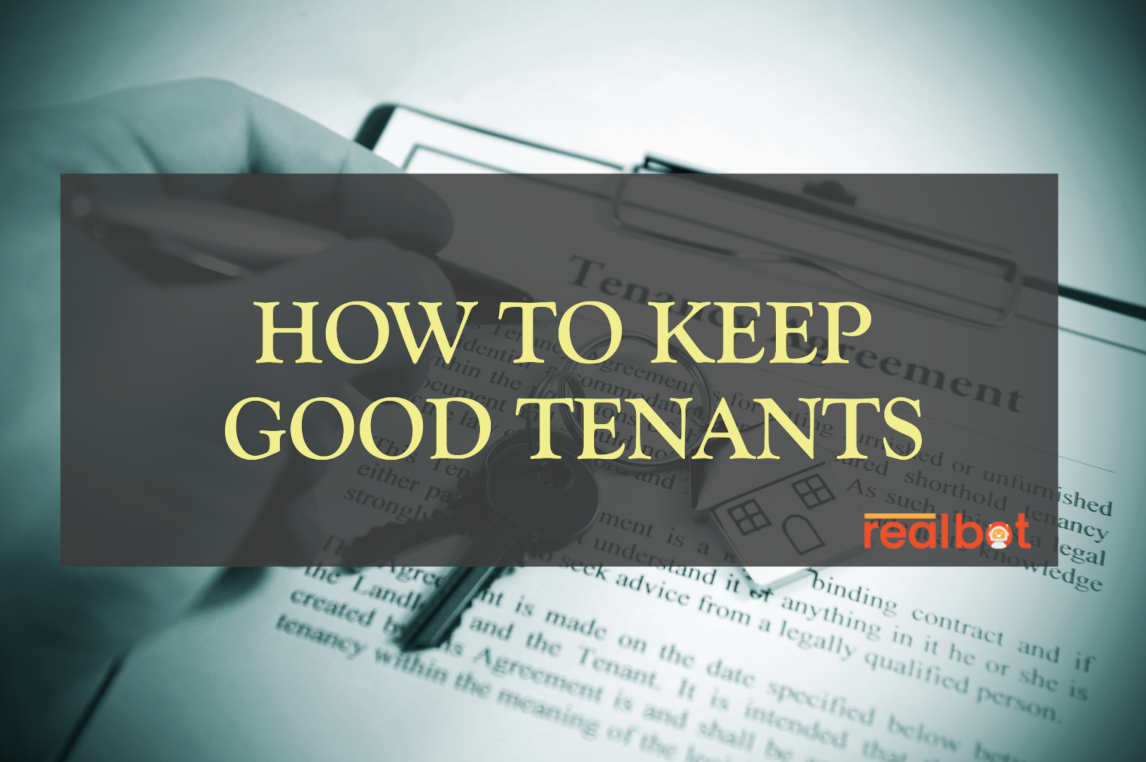
MIJ MICHAEL SEP 23, 2021
Finding and keeping good tenants is easier said than done. But when you do find them, be sure you have a plan ready so that they want to stay on. Going out of your way to keep them on will be well worth your time and effort.
Keeping good tenants longer could also help you to reduce or eliminate your turnover expenses and be more profitable. The advantages include:
- Having consistent rental income
- Spending less time and effort preparing the property to be rented
- Avoiding the worry and uncertainty of bringing in a new tenant.
So here are a few tips to help keep your good tenants:
1. Establish a good relationship with great communication
- Trust and communication is key to ensure things go smoothly.
- Build and maintain a strong relationship with your tenant, with transparent communication, it goes a long way to converting them into a long-term tenant.
- Get the relationship with your tenant off to a good start from the very beginning.
- Offer flexible viewing times, assist with the application process, and a choice of payment options all help tenants to feel valued from the get-go.
2. See to any maintenance and repairs promptly
- Maintenance issues are a top frustration for tenants.
- Respond to your tenant’s requests for maintenance and repairs in a timely fashion. It also prevents property problems from escalating.
- Ensure your tenant has access to an “out-of-hours” number they can call in the event of a property emergency.
- Offer flexible inspection times to minimise inconvenience for your tenant.
3. Make any rent adjustments reasonable and consistent
- Just because you can increase the rent doesn’t always mean that you should. This is especially so if you have a good and reliable long-term tenant.
- Be mindful of any rental increases. Apply smaller annual increases, in proportion with the consumer price index and rent charged for comparable properties in the neighbourhood. This helps to keep your tenants, especially if you have built a good relationship with them.
4. Consider tenant requests carefully
- The tenant may ask to make changes to the property, to plant a garden, paint inside or out, or add picture hooks on walls. These requests for minor alterations need your due consideration.
- Tenants make changes so that the property feels like their home. This suggests a desire to stay for the longer term.
- You can agree to the changes on the proviso that the property is returned to its original state when the tenants vacate. Planting a garden might even add value to your property.
- Allowing the tenant to keep a pet makes your property very attractive to a tenant and could lock them in for the long term.
5. Act early on lease renewals and consider longer leases
- Ensure your tenant receive their lease renewal well in advance of their current lease ending.
- Allow up to 90 days – and at least 30 – before their lease expires. Knowing you would like them to stay means they might be less inclined to start looking for a new home.
- Having a longer fixed-term lease might mean you miss out on opportunities to raise the rent, but it might be worth it to hold on to a gold-standard long-term tenant. This allows you to minimise lengthy, costly vacancies.
- You can write a rental increase into the fixed term lease agreement.
6. Consider a Rewards System
- Consider offering an incentive for renewal because retaining great tenants is far less costly than finding new ones.
- Consider financial incentives, gift vouchers, covered parking or household goods and appliances. These small incentives help you to retain great tenants, and it also helps you strengthen your relationship with them.
